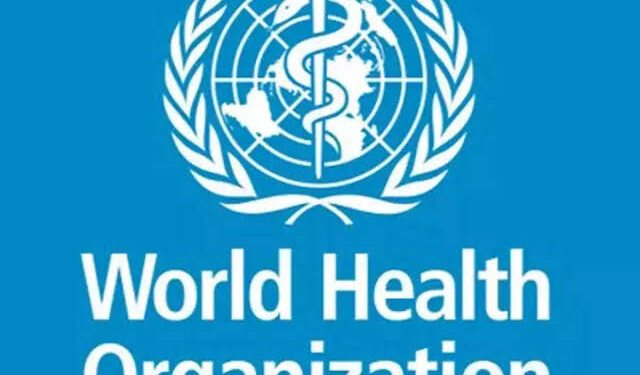Ghebreyesus said this on Wednesday during an online media conference on global health issues.
According to him, in high-income countries, almost 90 per cent of children survive while in low-income and middle -income countries, survival rates are often below 30 per cent.
“In 2018, WHO established a Global Initiative on Childhood Cancer with St. Jude Children’s Research Hospital in the United States and more than 100 other partners.
“As part of the initiative, WHO and St. Jude have also established a global platform to improve access to lifesaving medicines for children with cancer in low- and middle-income countries,” he said.
Ghebreyesus said that on Tuesday, it began distributing childhood cancer medicines at no cost in the first two countries: Mongolia and Uzbekistan.
WHO boss said that the shipments of medicines are planned for another four countries: Ecuador, Jordan, Nepal and Zambia.
“We estimate these treatments will reach about 5000 children with cancer across at least 30 hospitals in these six countries this year.
“Six more countries have been invited to join the platform, and over the next five to seven years, WHO aims to reach 120,000 children in 50 countries.
“We are very encouraged to see how this programme has grown since we started in 2018, and we thank St. Jude for its partnership,” he said.
On the world body, he said that the executive board was the second-most important decision making body in WHO after the World Health Assembly.
According to him, in 2024, the board dealt with a large agenda covering the huge range of WHO’s work: emergencies, polio, meningitis, cervical cancer, medical devices, air pollution, and universal health coverage.
“To support WHO’s work around the world, the board recommended that the Health Assembly approves the Programme Budget for 2026 and 2027.
“The Board also recommended that the Health Assembly approve the next 20 per cent increase in assessed contributions and the membership fees that countries pay.
“In 2022, member states agreed to gradually increase assessed contributions from 16 per cent of the base budget to 50 per cent,” Ghebreyesus said.
According to him, the increase approved by the board in the first week of February is the next step towards that target, and is critical for putting WHO on a more sustainable financial footing.
On Ebola, he said that so far, the Ugandan Government had reported nine confirmed cases, including one death.
The boss said that more than 260 contacts had been identified and are being monitored.
“I thank the Government of Uganda for its leadership and partnership.
“WHO is on the ground supporting the government’s response.
“We are providing surge support for surveillance, laboratories, logistics, infection prevention and control in hospitals, treatment centres and research,” he said.
According to him, the National Emergency Medical teams, trained by WHO, are providing care for those infected.
The WHO boss said that it was also providing critical supplies from its logistics hubs in Nairobi and Dubai.
“There are no authorised vaccines or therapeutics against the species of Ebola virus responsible for this outbreak.
“But thanks to preparedness measures that the government took after the previous outbreak, and a global research collaboration led by WHO, we were able to start a trial of a candidate vaccine just four days after the outbreak was declared.
“A therapeutics trial will start as soon as national authorities provide approval,” he said.
Ghebreyesus said that to support the response, he was releasing two million dollars from the WHO Contingency Fund for Emergencies.
“This is in addition to the one million dollars that we contributed earlier to set up the initial response,” he said. (NAN)










